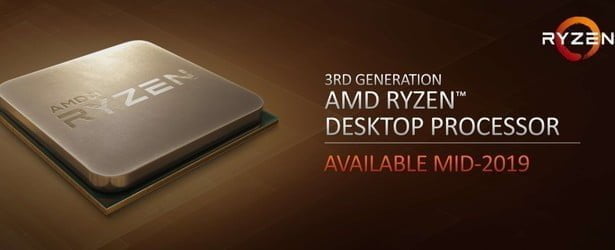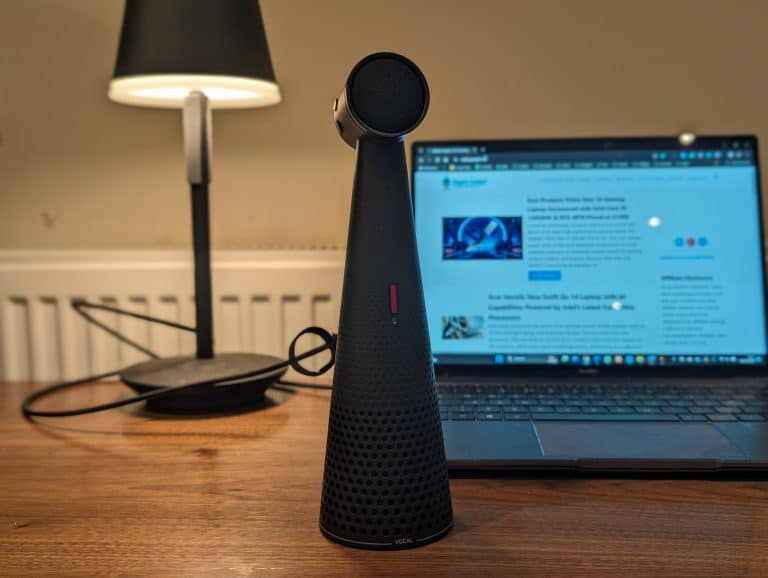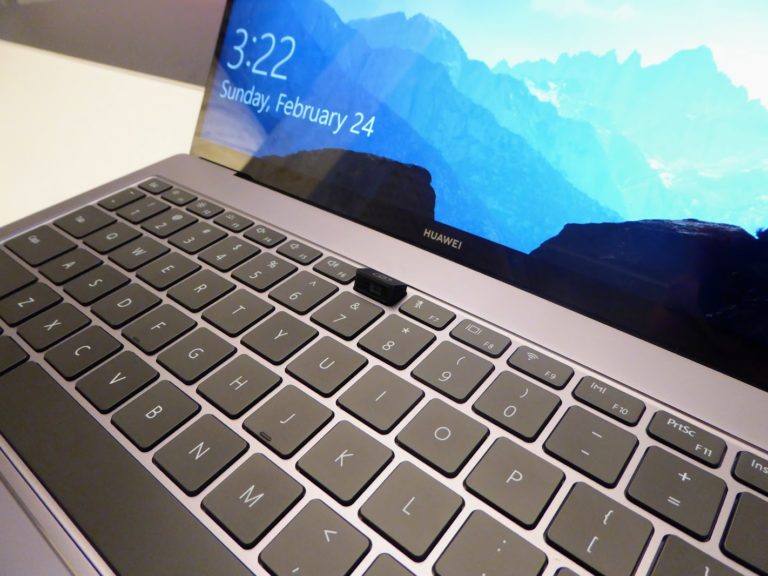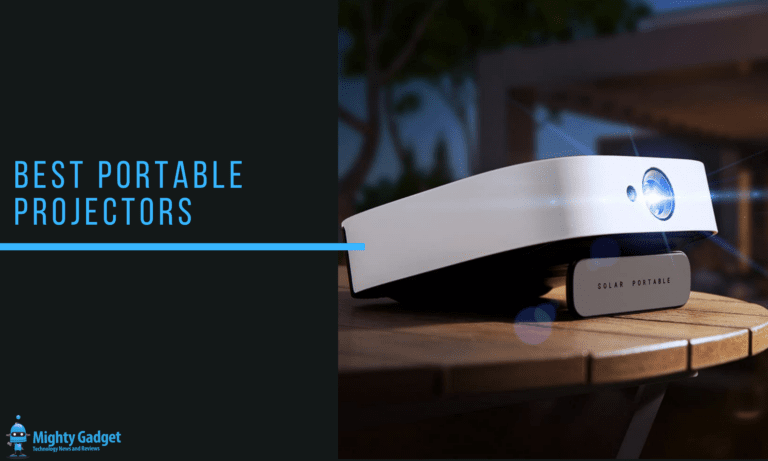Any links to online stores should be assumed to be affiliates. The company or PR agency provides all or most review samples. They have no control over my content, and I provide my honest opinion.
Ryzen has been a huge success and AMD are keen to keep that momentum going in 2019. There have already been big promises with the 3rd generation of the Ryzen chips codenamed Maltisse with several leaks indicating significant performance improvements.
During a keynote at CES, AMD have finally released some information about the up and coming chips.
These will be the first 7nm consumer desktop chips to arrive on the market using Zen 2 cores giving them a significant competitive advantage over Intel who still use 14nm.
During the keynote, they only had one processor on display and this was a
8-core 16-thread chip with unknown frequencies based on the current AM4 socket. So the new chips should be backwards compatible with older boards.
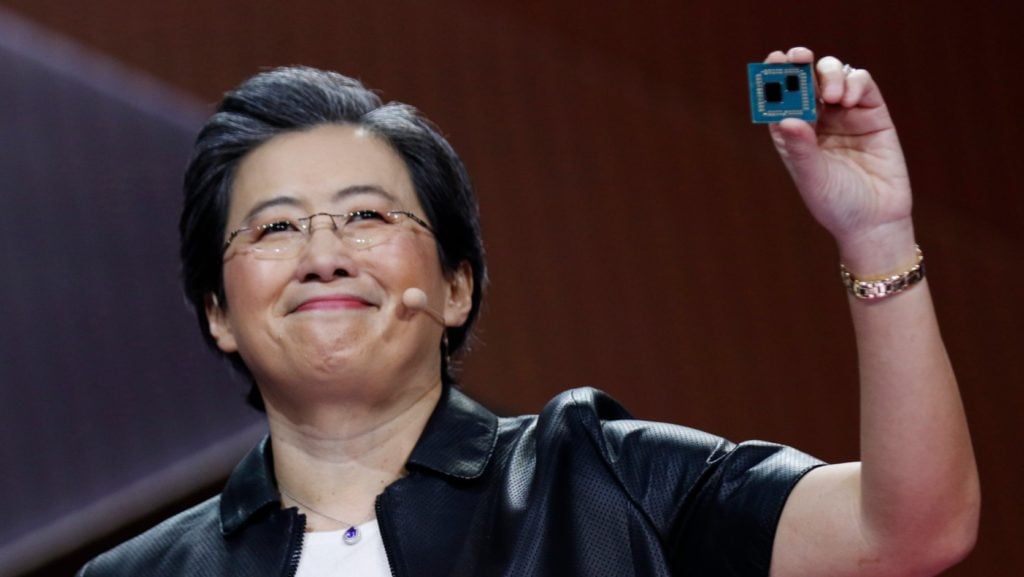
The chip itself uses a chiplet design with two chips built on the die, one for the 8-core CPU, then a 14nm input/output chiplet with the dual memory controllers and the PCIe lanes, made at GlobalFoundries.
The chip will be the first mainstream CPU to support PCIe 4.0 x16 which has 16 GT/s bit rate that doubles the bandwidth provided by PCI Express 3.0, while maintaining backward and forward compatibility in both software support and used mechanical interface.
There have been rumours of a 16-core Ryzen 9 3800X but AMD did not comment on this,
During the keynote, AMD showed some performance numbers using the new Ryzen 3rd Generation (Matisse) processor. The only test they showed off was the Cinebench R15 so the real world difference is likely to be different.
However, the testing shows that the AMD chip achieved 2057 with a chip rated at 75w and a system power of 120w. This is roughly a 15% improvement from the previous generation.
In comparison, the Intel i9-9900K achieved 2040 but that used significantly more power at 125w with a system power of 180w.
Overall the announcement was very positive for the next generation of Ryzen chips, if AMD keep the pricing aggressive then Intel could be losing a bigger chunk of their market share this year.
I am James, a UK-based tech enthusiast and the Editor and Owner of Mighty Gadget, which I’ve proudly run since 2007. Passionate about all things technology, my expertise spans from computers and networking to mobile, wearables, and smart home devices.
As a fitness fanatic who loves running and cycling, I also have a keen interest in fitness-related technology, and I take every opportunity to cover this niche on my blog. My diverse interests allow me to bring a unique perspective to tech blogging, merging lifestyle, fitness, and the latest tech trends.
In my academic pursuits, I earned a BSc in Information Systems Design from UCLAN, before advancing my learning with a Master’s Degree in Computing. This advanced study also included Cisco CCNA accreditation, further demonstrating my commitment to understanding and staying ahead of the technology curve.
I’m proud to share that Vuelio has consistently ranked Mighty Gadget as one of the top technology blogs in the UK. With my dedication to technology and drive to share my insights, I aim to continue providing my readers with engaging and informative content.

